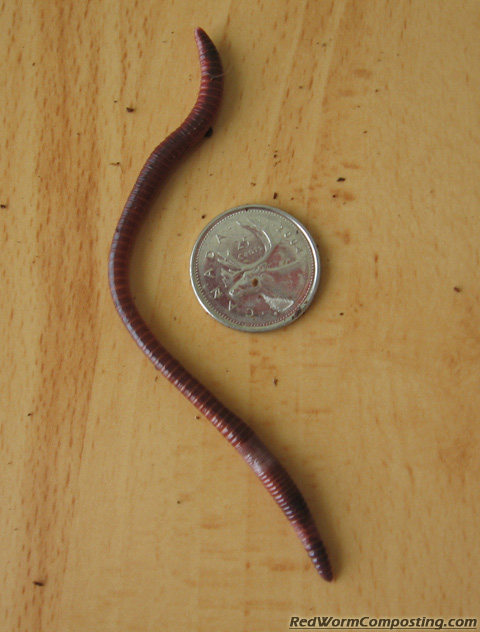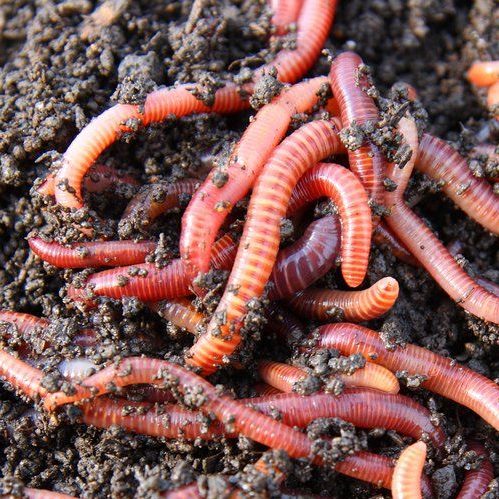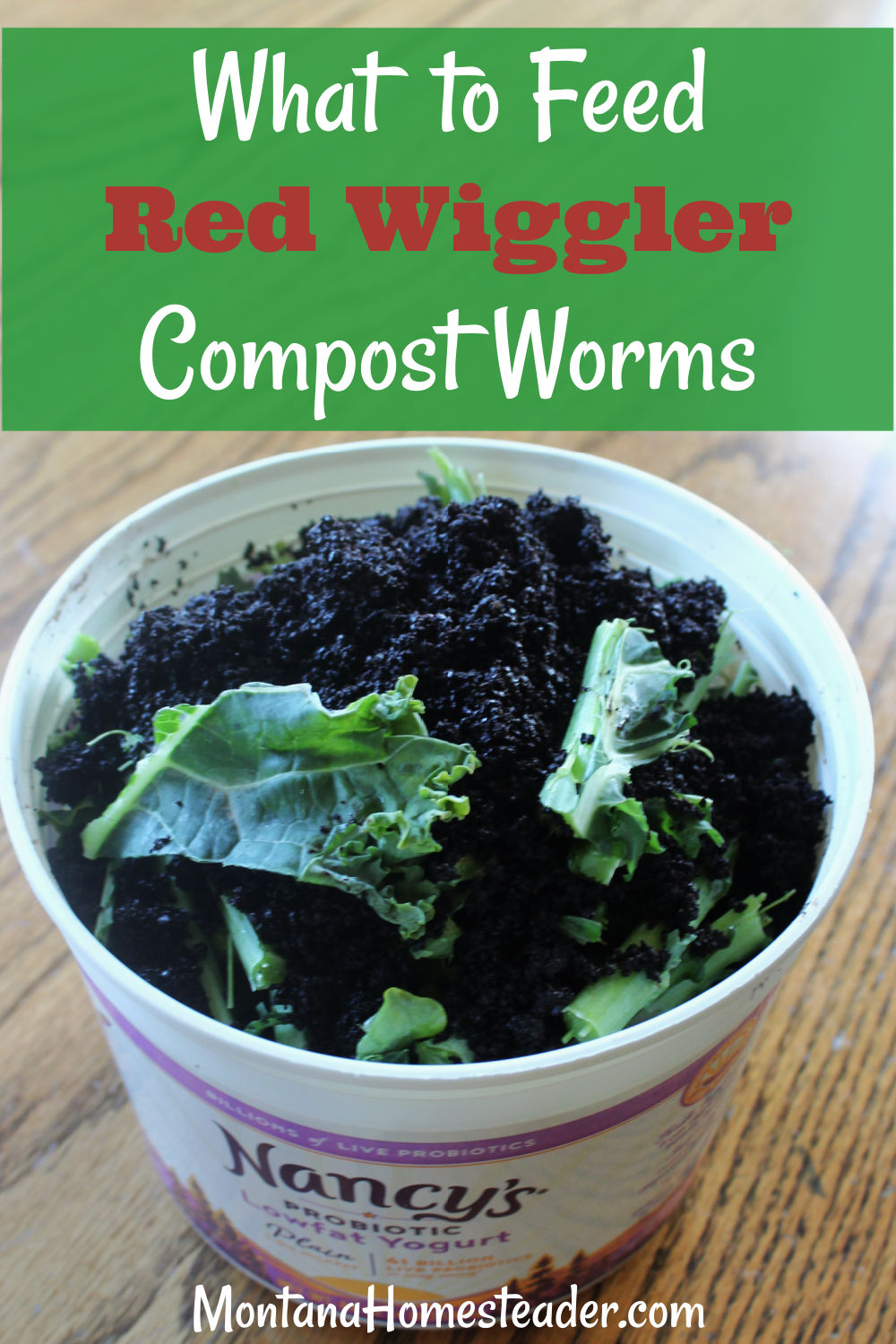Choose Lake Hickory Bait for Premium Worms, Tackle, and Supplies
Red Wigglers 101: Everything You Need to Know for Thriving Gardens
Red wigglers, or Eisenia fetida, play an essential function in lasting horticulture methods, working as reliable decomposers that transform natural waste into important vermicompost. Understanding their habitat, nutritional preferences, and the myriad benefits they supply can transform your gardening method (Red Wiggler Express). As these worms prosper in specific conditions, their treatment and administration are important for maximizing their contributions to dirt wellness. The question remains: what actions can you require to harness the full possibility of these amazing microorganisms in your own garden?
Understanding Red Wigglers

Red wigglers thrive in environments rich in organic material and dampness. Red Wiggler Express. They have an unique digestion system that permits them to process food scraps swiftly, secreting spreadings that are packed with important nutrients such as nitrogen, phosphorus, and potassium. These spreadings enhance dirt framework, improve water retention, and foster valuable microbial task, all of which add to robust plant health and wellness
Furthermore, red wigglers can endure in varied conditions, making them adaptable to different gardening techniques, consisting of indoor and exterior composting systems. Their ability to take in big amounts of natural waste day-to-day settings them as beneficial allies for both home gardeners and commercial growers. By including red wigglers into gardening efforts, one can significantly improve dirt fertility and assistance sustainable gardening techniques.
Suitable Environment for Red Wigglers
Producing an ideal atmosphere for red wigglers is essential for optimizing their composting capacities and overall health and wellness. Red wigglers prosper in moist, dark, and well-aerated habitats, which very closely resemble their natural environments in leaf clutter and rotting organic matter. A suitable habitat needs to provide a temperature level array between 55 ° F and 77 ° F(13 ° C to 25 ° C), as severe temperatures can worry or harm the worms.
The bedding product, such as shredded paper, cardboard, or coconut coir, must be kept damp but not excessively damp, as too much moisture can bring about anaerobic problems damaging to worm wellness. In addition, a pH level between 6.0 and 7.5 is optimal, making certain a balanced setting.
Appropriate oygenation is similarly vital; it enables for oxygen blood circulation and prevents the build-up of unsafe gases. A container or container developed for vermicomposting should have water drainage openings to get rid of excess wetness and promote air flow. Routine tracking of these problems is necessary for preserving a growing red wiggler population, inevitably improving their effectiveness in damaging down natural waste and enriching yard dirt.
Dietary Needs and Preferences

Red wigglers show particular preferences; they are specifically fond of softer, disintegrating products over tougher or even more fibrous materials. It is vital to stay clear of feeding them citrus peels, onion, and garlic in large amounts, as these can be unsafe. Additionally, meat, milk, and oily foods ought to be omitted, as they can draw in parasites and produce undesirable smells.
(Granite Falls NC Worms For Sale)Environment-friendly materials, such as vegetable scraps, offer nitrogen, while brownish materials, like cardboard and dried out fallen leaves, supply carbon. By providing to their dietary requirements, garden enthusiasts can promote a thriving population of red wigglers in their garden compost systems.
Benefits of Making Use Of Red Wigglers
The remarkable advantages of using red wigglers in horticulture prolong far beyond their duty in composting. These versatile organisms contribute significantly to dirt health and wellness, improving nutrition schedule and promoting microbial activity. By freshening the soil as they burrow, red wigglers improve drainage and origin infiltration, creating an ideal atmosphere for plant growth.
Moreover, red wigglers are reliable recyclers of organic waste, converting it into nutrient-rich castings that act as an exceptional all-natural fertilizer. These castings consist of valuable microbes and important nutrients, such as nitrogen, phosphorus, and potassium, which are vital for plant development. The slow-moving release of nutrients from worm castings guarantees a constant supply, minimizing the danger of nutrient leaching and advertising lasting horticulture practices.
Using red wigglers cultivates an extra lasting horticulture approach by minimizing dependence on chemical plant foods and promoting a closed-loop system, where waste is transformed into beneficial resources. Generally, integrating red blog wigglers right into gardening methods provides a plethora of eco-friendly and agricultural advantages.
(Red Wiggler Express)
Composting With Red Wigglers

To start a successful vermicomposting system, select a suitable container with correct air flow and water drainage. The optimal atmosphere for red wigglers consists of a wet, dark setup with temperatures in between 55 ° F and 77 ° F. Begin by layering shredded paper, cardboard, and food scraps, making sure a balanced mix of carbon and nitrogen-rich products.
Red wigglers flourish on veggie peels, fruit scraps, coffee grounds, and eggshells, while preventing meat, dairy products, and oily foods that can attract insects. Routinely check wetness levels; the bed linen should be wet yet not soggy. Harvest worm spreadings every few months by dividing the worms from the compost, which can after that be utilized straight in gardens or saved for later use.
Carrying out vermicomposting not just reduces landfill waste however additionally enriches garden soil, promoting healthy plant development and sustainable gardening techniques. Accept this eco-friendly technique to improve your gardening endeavors.
Final Thought
In summary, red wigglers are essential microorganisms for enhancing garden efficiency via reliable composting. By making use of red wigglers, gardeners can significantly improve soil quality and nutrient accessibility, promoting much healthier plant growth.